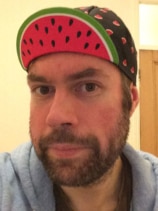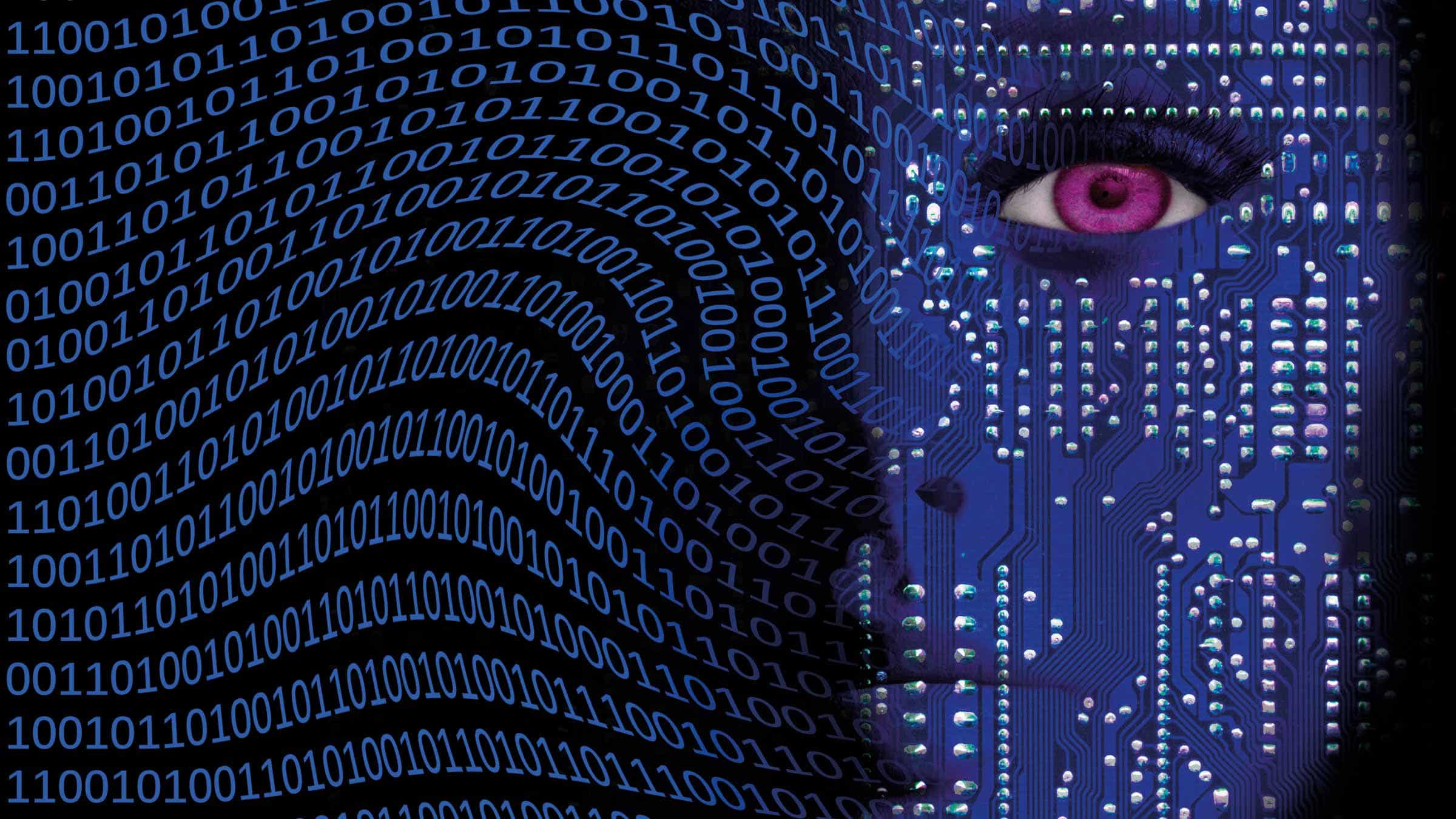Jony Hudson is a research engineer working on the development of artificial intelligence at DeepMind in London. He has previously worked in academic research, on such projects as measuring the shape of the electron and teaching computers to learn the laws of physics.
 What skills do you use every day in your job?
What skills do you use every day in your job?
At the lowest level, maths and computer programming skills underpin all the research that I work on. I’ve never felt that time spent learning these fundamentals has been wasted – even when the thing you’re learning seems unrelated to anything you’re directly working on. Somehow, it always comes in handy in the future. That’s the beauty of maths and computer science.
At a higher level, my job involves thinking about what research questions we should try to answer, and how we might do that. This requires a skill that you might call “research savvy”, which is a mix of being logical, thinking critically and drawing on past experience, building up an intuition for when to follow something up and when to leave it alone.
At a higher level again, almost all practical research projects are done by teams of people, and the stuff I work on is no exception. So a lot of what I do is thinking about how to keep groups of people functioning well together. The main skills here are communicating ideas, listening and influencing other people’s thinking. This is definitely the part of my job I find the hardest.
What do you like best and least about your job?
I love the incredibly fast pace of progress in the field of machine learning, and being right in the thick of it as it happens. There’s been so much progress in the last five years, and this is reflected in an enormous amount of intellectual energy both at DeepMind and in the wider community. It makes for a really exciting environment, where there’s always something new coming up.
It’s also great to be in a field where so much – even fundamental stuff – is still yet to be understood. However, this leads to one of the more difficult bits of my job, which is knowing when to say “no”, or ignore something. There’s so much interesting stuff around that it’s easy to get sucked into every project. That can end up being exhausting. I have had to get better at not always following up on things that I think are interesting. This can be very frustrating.

A machine-learning revolution
What do you know today, that you wish you knew when you were starting out in your career?
A critical thing I’ve learned is that just because you want to do more work on a given day, it doesn’t mean you should. I used to think that work was self-limiting in the sense that you’d stop wanting to work once you’d done as much as you could handle. It turns out this isn’t true. When I’m motivated and excited by something, it’s easy to do more work on it than I can actually support, and end up burning out. So I actively focus on working sustainably these days. This has made my life better in a lot of ways.
